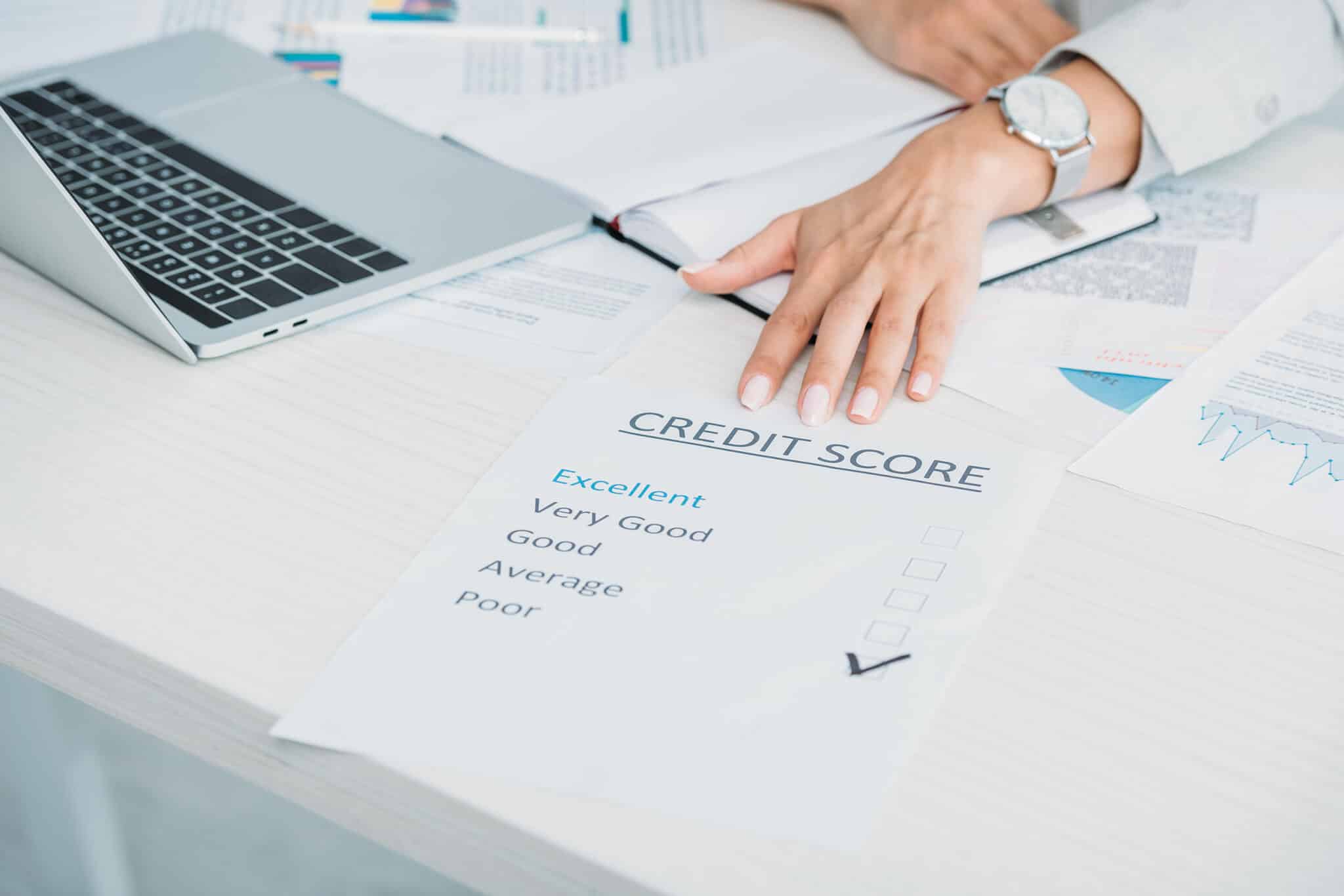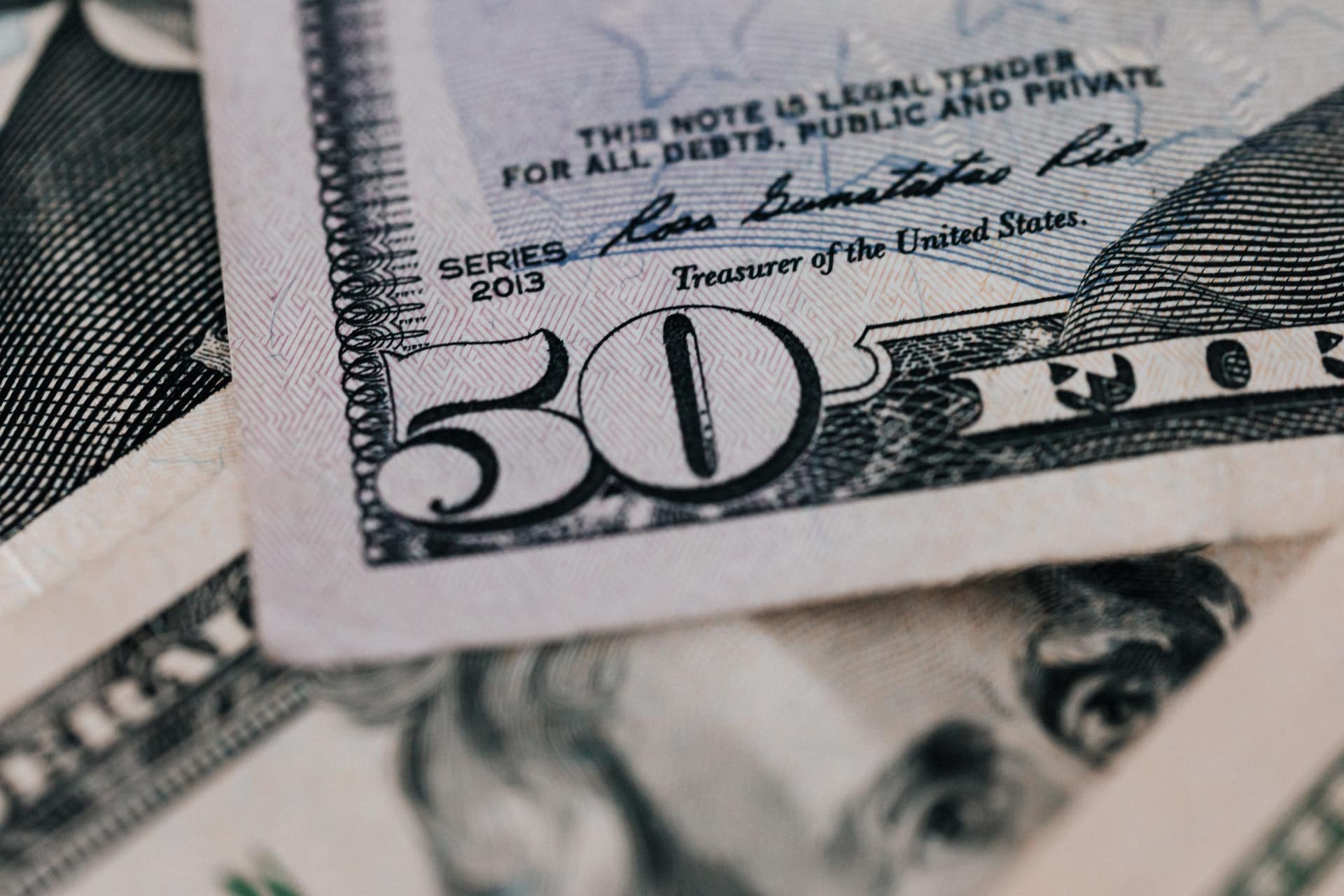Your credit score is one of the most critical numbers that follow you. It can be the key to unlocking great financing and installment loans or the roadblock on the path toward a solid financial future. But only about 60% of Americans have a FICO score higher than 700 points!1
If a less-than-perfect credit score limits your options, we have some tips to help you break free. Read on to learn how to raise your credit score 100 points in just 30 days!
What Are Credit Scores?
A credit score is a rating of your creditworthiness. Creditworthiness is a judgment of your overall ability to manage debt responsibly. Scores are three-digit numbers ranging from 300–850. In 2022, FICO reported the average score among borrowers was 716.1
The higher your credit score, the better your credit rating:
| Credit Rating | FICO Score Range | Key Elements |
| Poor | 300-579 | A poor rating typically means the borrower has had defaults, bankruptcies, or chronic late payments. They will have difficulty obtaining credit and, if approved, will likely face high-interest rates. |
| Fair | 580-669 | A fair rating indicates a somewhat damaged credit history. Borrowers may have a few late payments or high credit utilization. Individuals may get loan approval, but with unfavorable terms. |
| Good | 670-739 | Borrowers with this rating generally have a decent financial history. They are likely to qualify for a loan or credit limit and receive average interest rates. |
| Very Good | 740-799 | This credit rating indicates a strong credit history with few mistakes. Individuals are very likely to qualify for a revolving credit limit or installment loan with favorable terms and low-interest rates. |
| Excellent | 800-850 | This credit rating is typically the result of a long history of excellent credit management, low credit utilization, and on-time payments. Borrowers will generally have no issue getting the best loan terms and interest rates available. |
*Please note that these ranges and descriptions are based on the FICO scoring model, which is the most commonly used credit scoring model. Other models, such as VantageScore, may use slightly different ranges.
Credit Bureaus
Credit bureaus are data collection companies that analyze consumers’ information and financial habits. The three credit bureaus reporting on Americans today are TransUnion, Experian, and Equifax.2 These credit bureaus calculate credit scores.
When you have a loan or a line of credit, your lender or credit card issuer will send the credit bureaus information on how you handle your account. Credit bureaus compile this information into your credit report.
Your credit report records activity in the five following categories:
Payment History
Your payment history is the record of late payments to your creditors. Your history clearly shows a lender how well you stick to your installment loan agreement, which is why a positive payment history has the most significant impact on your credit score.
Credit Utilization
A credit utilization ratio displays how much of your total credit limit you are using. Let’s say that you have a credit card with a max credit limit of $1,000. At the end of your billing cycle, the available credit balance on your card is $250. That means that your credit utilization is 25%.
Credit History
Your credit history lists all your past and current accounts. A long credit history of good payment will show lenders that you can operate responsibly with a line of credit or a loan.
New Credit
Each time you apply for credit, the creditor will inquire to one or more of the bureaus about the details of your activity. These reports determine whether or not you are eligible for that particular financial product. Multiple credit inquiries can harm a credit score; some lenders may see that activity as a frantic search for financing.
Credit Mix
A credit mix is a combination of different types of credit, such as a personal loan, mortgages, or consumer credit cards. Managing a credit card wisely, along with other types of debt, can make a credit mix that’s attractive to new lenders. Credit mix has the most negligible impact on your credit score, so if you only have credit cards or a couple of personal loans, it’s more important to manage them well.
Good Credit and Bad Credit
New lenders will most likely give you good loans with a low-interest rate if you have a good credit history. Bad credit loans are available for people with not-so-great scores, but rates and terms for these loans will vary. If your credit history is unfavorable, you could be denied a loan altogether.
Tips for Raising Your Credit Score
If you need to get your score moving in the right direction, consider using these tips to raise your rating fast:
Fix Credit Report Errors
Learning how to fix credit report errors is by far the best thing you can do to improve your credit quickly. Credit report errors are not uncommon, which means that positive activity that would improve your credit could get overlooked. The difference between poor and fair credit scores can be a simple clerical mistake. Common report errors include:
- Identification errors happen due to misspelled names or incorrect addresses. You could also share the same name with a person with a delinquent account or have your name associated with someone who used to live in your home.
- A lack of updates to account information can make a closed account look open or make a current account appear delinquent.
- Unidentified accounts that aren’t yours can appear on your reports. If they are delinquent, they will negatively affect your credit score.
You can take some steps to dispute errors on your reports.
The first thing to do is request a free report from each of the three major credit bureaus—TransUnion, Equifax, and Experian. Credit report errors can differ across the credit bureaus, so you need to check each one. If you find any errors, write down the details.
Contact the agency and file a dispute using their online form or by calling them and speaking with customer service representatives. Make sure you have all the details about the error handy, so they can help you right away without having to research it themselves. In the end, you are the only one truly responsible for ensuring your report is accurate.
Pay Your Bills on Time
As we mentioned, your payment history is the most important factor in keeping good credit scores. That means that it is essential to pay your bills on time, every time. But, of course, life happens. There are many reasons you might not make monthly payments on time. It might be due to a change in your life situation, like sudden expenses or lack of money.
But late payments can negatively affect your credit score. Suppose you miss a personal loan payment. If the lender reports payments to one of the major credit bureaus, such as TransUnion, that late personal loan payment can show up on your credit report for up to seven years!
If you’re struggling with paying bills:
- Prioritize essential bills over other expenses.
- Contact your creditor to request a due date extension or make payment arrangements.
- Make a partial payment, if possible.
Regardless of the reason, if you ever find yourself unable to pay your bills on time, you must take steps to rectify the situation before it becomes more serious.
Lower Your Credit Utilization Ratio
Next to payment history, your credit utilization ratio heavily influences your credit score. Dropping and maintaining your utilization under 30% will show that you are not only using credit but paying it back at a steady rate. After all, lenders love when you use credit!
Become an Authorized User
A simple way to raise your credit score is to become an authorized user of someone else’s credit card. Even though you are not the primary cardholder, you could benefit from being associated with a credit account with low credit utilization.
How To Maintain a Good Credit Score
The tips we’ve discussed here can help you boost your credit score fast. But how can you make sure that your credit score continues to improve? Here are some habits to consider including in your life.
Use a Budget
A budget is a financial tool that just about everyone should use. It gives you a chance to set goals, save money, or make big purchases.
For many, budgeting can seem like a complicated and confusing task. But in reality, it is just a series of lists. These lists break down your spending into categories you pay each month and help you keep things under control.
Grab a calendar and pen, and write down the amount and due date of every bill you pay each month. Add up how much you spent on these bills last month. Then subtract your expenses from your total monthly income. The amount you have left over can be used however you like.
If you don’t want to go old school, you can use any of the dozens of budgeting apps and online tools to input spending and remind you of due dates.
Regardless of what method you use to budget your finances, stick to your budget. Sure, you may need to make changes or adjustments as your priorities change, but keeping a steady payment schedule will always positively impact your credit score.
Pay More Than the Minimum Due
Nearly every line of credit or loan offers consumers the option to pay the “minimum due” on their balance. This amount is the smallest credit card payment that an account holder must pay to keep their account current. This amount is determined by the credit card issuer and is based on your balance and the current rate of interest.
Although it may seem like a relief to have a small payment due, this minimum payment makes a minimal impact on decreasing your credit line balance. And the longer you keep a balance, the more interest you’ll have to pay.
If you see that your credit utilization ratio is too high (greater than 30%), it’s time to pay more than the minimum amount due. Making this a regular habit can also help you get a credit line increase.
Frequently Asked Questions About Getting a Good Credit Score
Credit bureaus collect and analyze your financial information to calculate your credit score. They track your financial history, including your payment habits, the number of open accounts you have, and how you utilize your credit line.
A secured credit card can be a useful tool for building or improving your credit score. By making regular, on-time payments on a secured card, you demonstrate responsible credit behavior, which can positively impact your credit score.
Increasing your credit limits can lower your credit utilization rate, which can help improve your credit score. You can request a credit limit increase from your credit card issuer, but it’s important to use this increased limit responsibly.
Your credit utilization rate is the percentage of your total available credit that you’re currently using. It’s important because it makes up a significant portion of your credit score. Keeping your credit utilization rate below 30% is generally seen as positive.
It’s recommended to check your credit reports at least once a year. Regularly reviewing your credit reports can help you identify any errors or discrepancies that could be negatively affecting your credit score. Remember that every credit bureau provides one free credit report every year.
Yes, closing old or inactive accounts can negatively impact your credit score. This is because it can increase your credit utilization rate and decrease the length of your financial history, both of which are factors in your credit score.
If you find an error on your credit report, you should dispute it with the credit bureau that issued the report. The credit bureau is required to investigate and correct any errors. Correcting errors can help improve your credit score when the credit bureau updates your information.
Additional Notes from CreditNinja
It can be discouraging to discover that you have a low credit score. However, by building some good financial habits, you can raise your credit score quickly—and keep it soaring.
CreditNinja provides free online resources to help consumers increase their financial literacy and better understand how credit works. By knowing more about the lending industry, you can make fully informed decisions regarding your finances. For more information on credit ratings, installment loans, and other financial topics, feel free to browse our online blog.
Resources:






